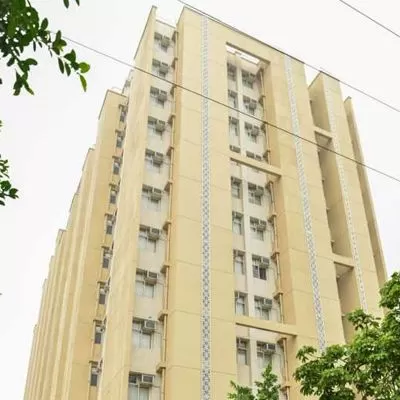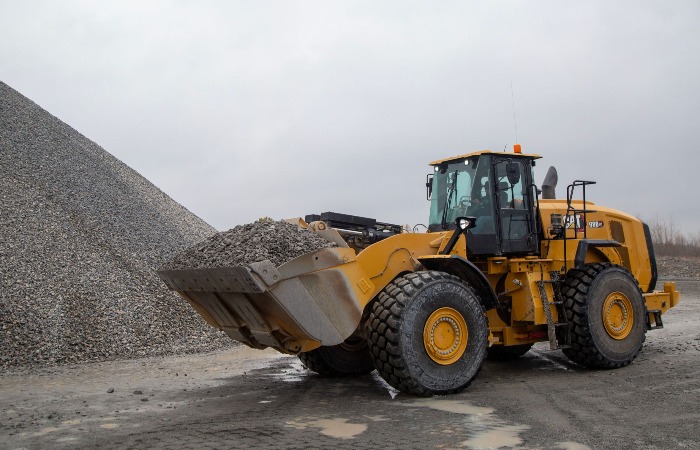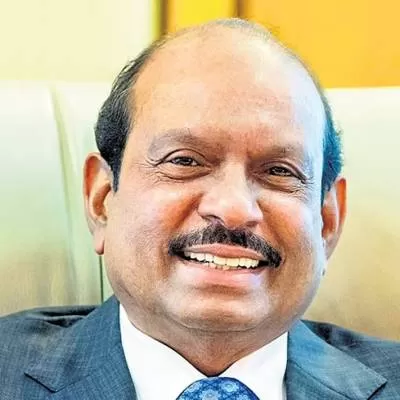MHA?s Guidelines: How to restart business in different states?
 Photo: For representational purpose
Photo: For representational purpose
Over 22,000 active COVID-19 cases have been reported in India, out of which around 8,000 cases have been cured. (Source: www.mygov.in dashboard, as of April 29, 2020)
Even as cases related to Coronavirus are on a rise in India, keeping the country under extended lockdown may do much harm to the economy. To gradually restart the cycle of economic growth, the Union Government has formulated the exit strategy that includes lifting the lockdown selectively across the country. The centre has specified that the districts that do not have any COVID-19 cases should start production, distribution, consumption, transportation, and other economic activities. Ministry of Home Affairs (MHA) has mandated National Directives For Covid-19 Management for various departments/ministries for a continuous phased exit from the on-going extended lockdown.
Understanding the need for a well charted lockdown exit strategy, India Inc. has welcomed MHA?s guidelines. However, given that the pandemic has reached 'community transmission stage' in India, the key challenge faced by the states/UT governments now would be to balance the pursuit of economic revival with that of adhering to the stringent guidelines as laid out by the Union Government.
Let?s take a look at how the various state governments are working in managing the health crisis with a view on reviving their economies, following the MHA?s guidelines.
Uttar Pradesh: Following the National Directives for COVID-19, the state government has set up special cells/desks to help in the reboot of permitted industries. The respective departments, Udyog Bandhu and UP Electronics Corporation (UPLC), in the heavy industries, micro, small and medium enterprises (MSME) and information technology (IT) sectors have instituted exclusive wings to facilitate the smooth resumption of industrial activities and resolution of their pending issues.
Currently, more than 7,400 industrial units, primarily those engaged in the manufacture of essential commodities such as medicines, medical supplies, food items, etc, and those employing more than 133,000 workers are operational in the state.
It is estimated that almost a million migrant labourers stuck in other states will return to the state in the next couple of months post the lockdown. The state government is making arrangements to medically screen and house them in appropriate quarantine facilities.
The Uttar Pradesh Chief Minister Yogi Adityanath has instructed officials to draft an action plan for restarting the industrial units after May 3. Read a more detailed article from Business Standard on the topic here.
Maharashtra: The state with the highest reported cases plans to keep the Mumbai Metropolitan Region (MMR) and the Pune Metropolitan Region (PMR) under strict lockdown till May 18. Approximately, 1,400 containment zones (source: Municipal Corporation of Greater Mumbai) have been identified in MMR alone, where strict cluster containment action plan is being implemented as per the above-mentioned National Directives.
Among sectors that have been allowed in the green and orange zones to resume activities are agriculture and its branches, MGNREGA work, movement of cargo, functioning of commercial and private establishments, industries operating in rural areas, manufacturing in special economic zones and industrial townships only in non-containment zones, construction of roads, buildings and all kinds of industrial projects, renewable energy projects and all urgent pre-monsoon related work.
Karnataka: The state will permit the construction of roads, irrigation and industrial projects including MSMEs in rural areas employing only on-site labour. In the cities, the metro-rail projects within municipal corporation limits will be allowed to carry out in-site construction.
Professionals of the IT sector ? which forms the backbone of the state's economy ? will be required to work from home. MHA?s guidelines allow 50 per cent of the workforce in the sector to work from their site, but the state government has mandated that only essential minimum staff will be allowed in offices.
Kerala: Following the centre?s guidelines, the Kerala Government has come up with a blueprint to fight COVID-19 in the state. The odd-even system for vehicles is being implemented in the state in districts with partial restrictions.
The state government has also sought Union Government?s clearance to club the state?s districts into four zones. The districts with the maximum number of COVID-19 cases, including Kasargode, Kannur, Malappuram, Kozhikode will be combined to make the first zone. In this zone, the lockdown will be implemented strictly without any relaxation.
Delhi: In an order dated April 27, after reviewing the coronavirus situation in the capital, Delhi Disaster Management Authority (DDMA) has announced some relaxations. Inter-state travel of health workers, lab technicians and scientists will now be allowed. For a complete list, read this article by India Today.
Telangana: Due to the increasing number of reported cases (1,012 as of April 29) in the state, the Telangana Government is not in favour of any relaxation to the present lockdown restrictions, therefore, lockdown in the state has been extended till May 7. Also, passenger flight services will not be allowed in the state till then, even though the Aviation Ministry is contemplating the launch of services from May 4.
West Bengal: The state plans to open up plants and factories in rural belts and clusters on a case-to-case basis. Permission for resuming construction work and irrigation has also been granted provided local workers are sourced and employed for these projects. Brick kilns have also been given permission to operate within the guidelines to contain COVID-19.
Andhra Pradesh, Tamil Nadu, Rajasthan, Odisha and many other states are going by the MHA?s guidelines word by word for a revival of economic activity in their respective states.
Let?s play our part in keeping ourselves healthy and safe.

 Photo: For representational purpose
Photo: For representational purpose










